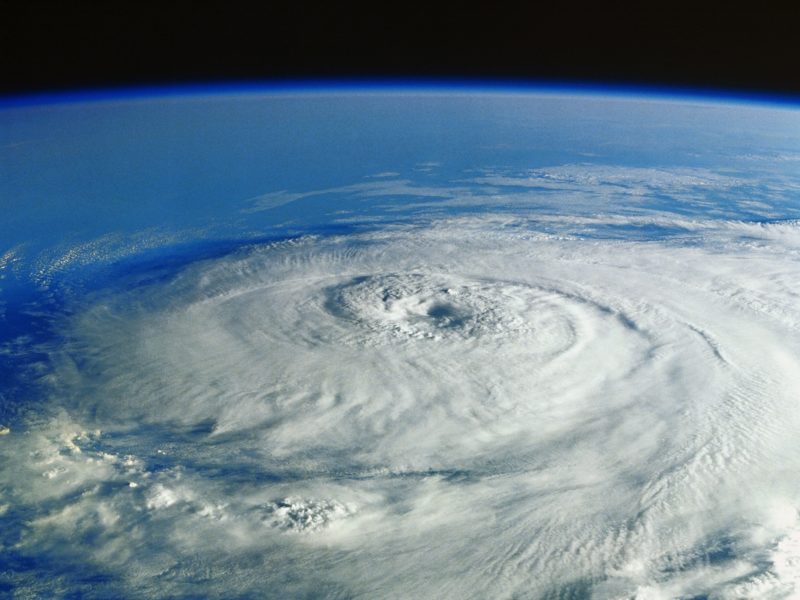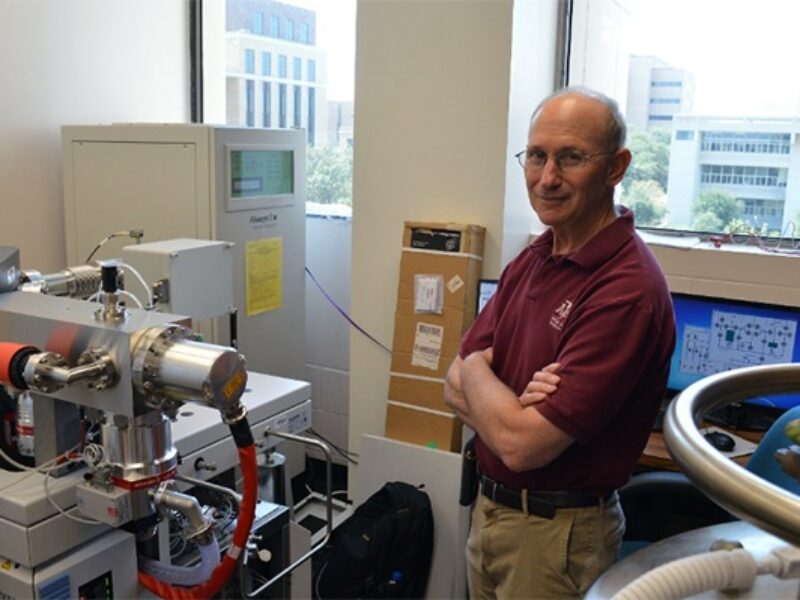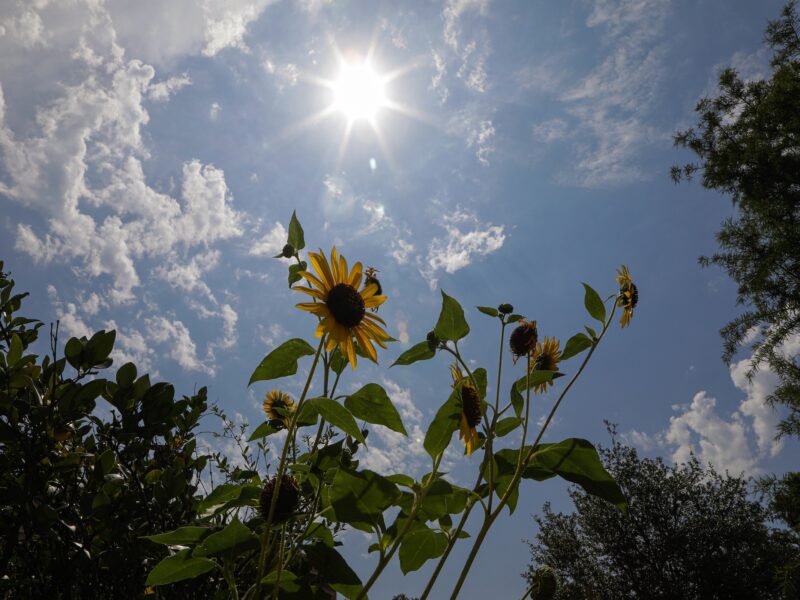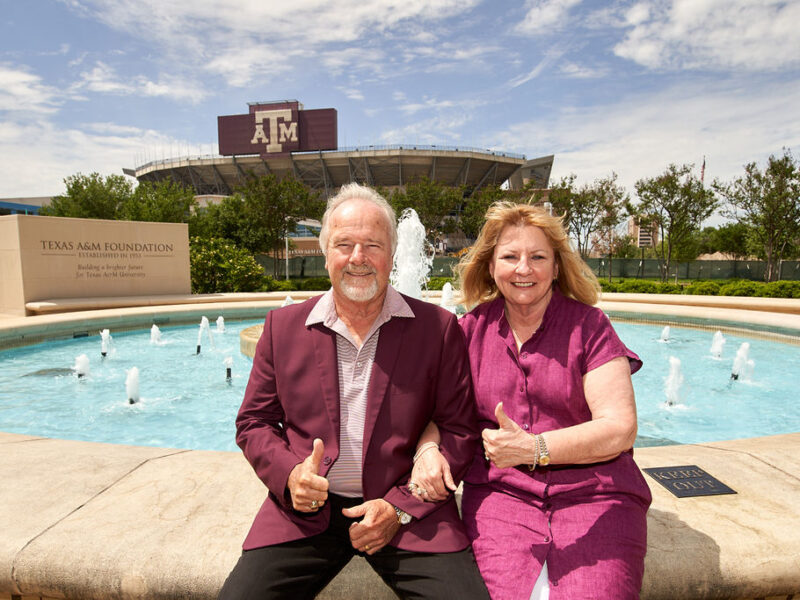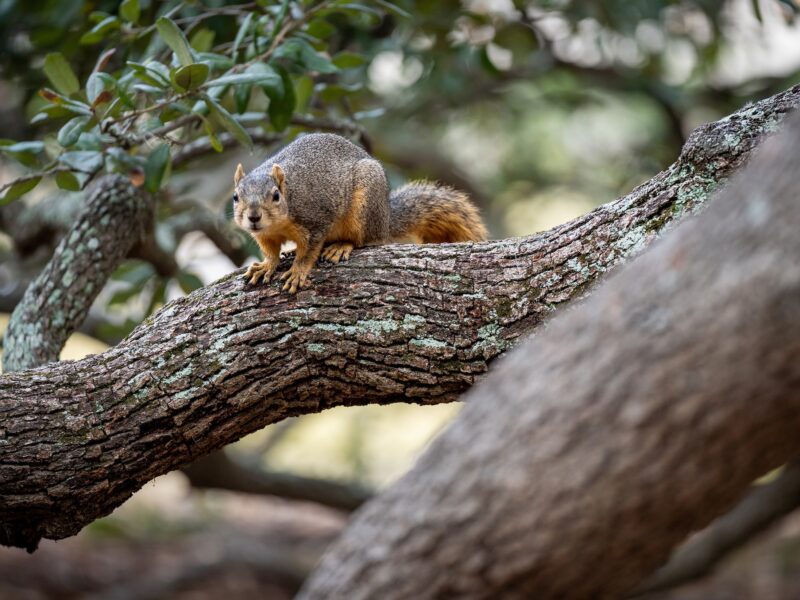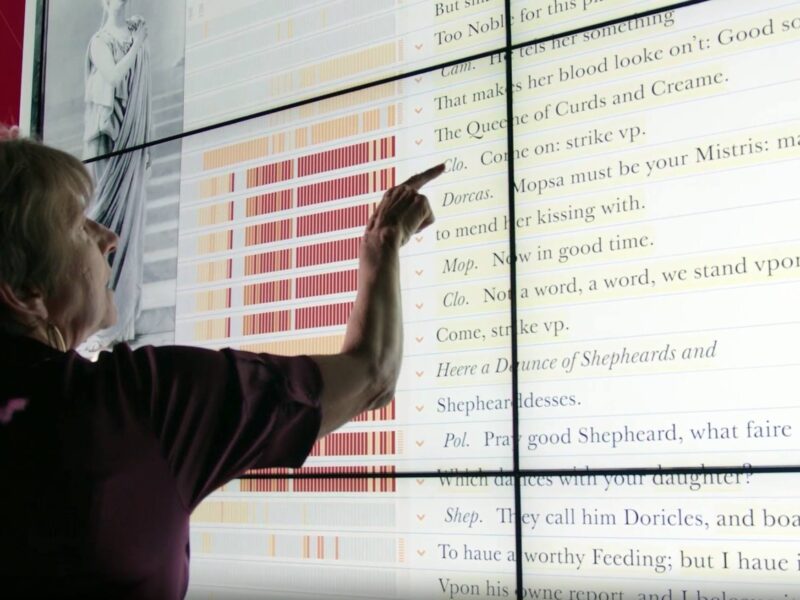Epic South Pacific Expedition Is Special For Texas A&M Geosciences Dean
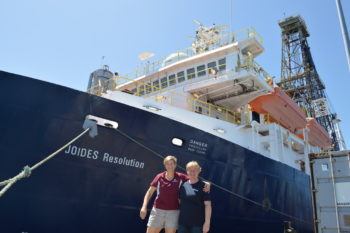
The old saying of “your ship has come in” has a special meaning for Texas A&M University College of Geosciences Dean Debbie Thomas.
In her case, that ship is the JOIDES Resolution — the 429-foot long research drillship that is the mainstay of the International Ocean Discovery Program (IODP). On Jan. 3 she embarked on an epic five-week expedition aboard the JOIDES Resolution in the southwestern Pacific Ocean. Serving as co-chief scientist of IODP Expedition 378, Thomas is leading an elite science team in unearthing ancient climate and oceanography data.
Scientists use the JOIDES Resolution to collect core samples from the ocean floor that are used by scientists to understand climate change, geology and Earth’s history. It is capable of drilling to depths over 18,000 feet. Texas A&M is the science operator of the JOIDES Resolution, which is part of International Ocean Drilling Program (IODP) and is funded by the National Science Foundation
On her current cruise, Thomas is in the southwestern Pacific Ocean near the south of New Zealand, and the team will investigate the record of climate and oceanography over the past 67 million years.
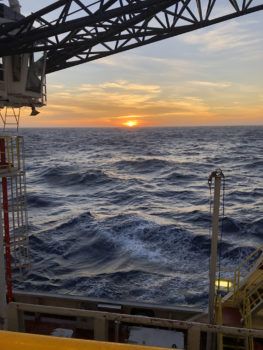
Scientists will target sediments deposited during the warm Late Cretaceous through Late Oligocene periods (approximately 67 to 23 million years ago), recovering sediments at a location previously drilled in 1973. The recovered sediments will be used to study how the entire earth system responds to the evolution of climate from a very warm, nearly ice-free state to a climate that supported the growth of major ice sheets on Antarctica. Superimposed on this long-term evolution were several prominent global warming events that are primary targets of the expedition.
“The sediments we recover will provide critical constraints on the history of ocean temperatures and the carbon cycle for the vast South Pacific,” Thomas said. “The data will lead to big leaps in our understanding of climate dynamics during intervals of global warmth. It is an immense privilege to sail with this team of world-class scholars, marine technicians the ship’s crew.”
Thomas and the ship are old friends.
She took her first research cruise on the ship when she was a graduate student at the University of North Carolina in 2001.The trip to the northern Pacific Ocean centered on the Shatsky Rise, the largest dormant underwater volcano in the world that later was renamed TAMU Massif by former Texas A&M oceanographer Will Sager. The primary goal of the expedition was to recover sediments that recorded climate history over the past 120 million years.
Thomas said the trip was crucial in her studies, as most of her master’s and doctoral research focused on a rapid global warming event that occurred 56 million years ago, but she also gained new knowledge of how the oceans transport heat during extremely warm climate events.
Overall, she said the trip changed her life.
“It is hard to imagine any other major scientific collaboration in which graduate students and early career researchers have the opportunity to work alongside and learn directly from the legends and pioneers of our science,” she said.
“I can’t begin to describe the brilliant minds and amazing people with whom I got to spend two months. I am also exceedingly proud that my service on Leg 198 connected me with the College of Geosciences at Texas A&M. Will Sager encouraged me to apply for a position and I ultimately earned the job. Since joining the faculty here, two of my own Ph.D. students have had the chance to sail on IODP expeditions, and all of my students have used samples recovered from the JOIDES for their research.
“It is hard,” Thomas said, “for me not to get emotional when I think of how privileged I am as the dean of the College Of Geosciences to help contribute to the leadership and success of IODP after all that the program has done for me and my career.”
You can follow the team’s daily progress on the research cruise expedition site. Thomas also is posting regular updates to her personal expedition blog.
Media contact: Keith Randall, 979-845-4644, keith-randall@tamu.edu.
